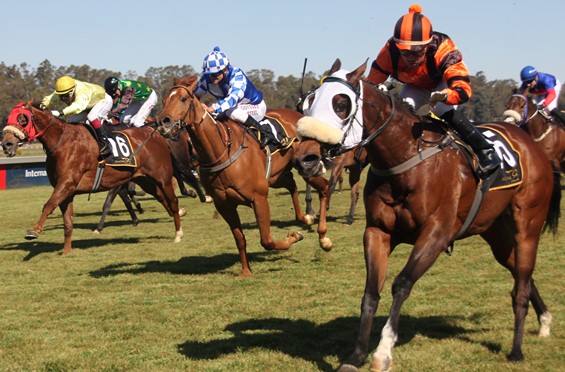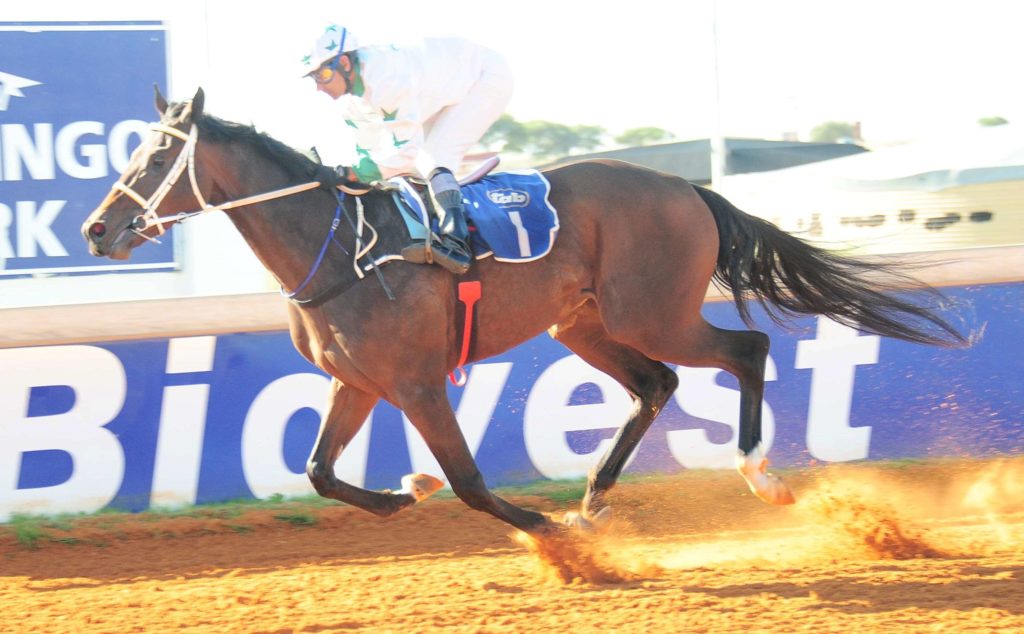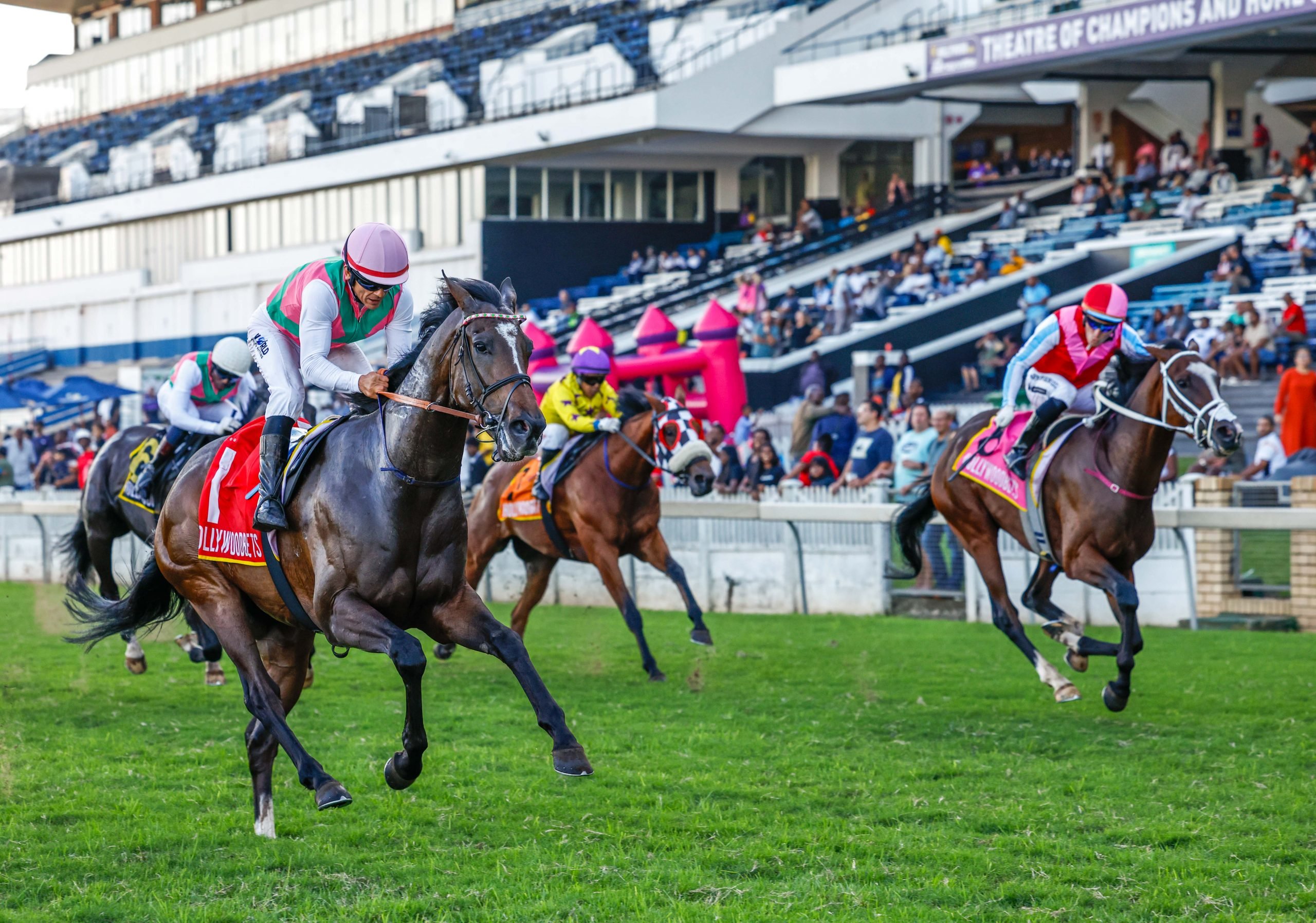In the early 1980’s The Buggles told us that Video Killed The Radio Star.
Fast forward to the 21st century, the leading question is, did handicapping do the same to the sport of kings?
Phumelela finally collapsed last year and left us in the lurch.
The racing operator’s creditors chose the way forward for all of us – as happens when you come within a hair of bankruptcy.

MOD under the direction of Charles Savage has picked what they want to keep and cut loose what they want to dump.
And in the meantime things roll on in the haze that is Covid South Africa.
Until now, most of us assumed that the operators have been making rational decisions to optimize the choices for the betterment of racing.
In a way we have to hope Phumelela was terrible, and the next lot can do better.
So did handicapping by merit contribute to the crash? And if so, how?
We know that handicaps attract bigger fields.

We also know bigger fields attract more betting and more income. Over about 12 horses, races can sometimes make an individual profit. And we also know good horses can give us profitable races, but they hate handicaps.
We accept that bigger payouts are essential.
But inflation has completely robbed any punter of a life-changing jackpot win as in the past. The probabilities have stayed the same, but factional betting and many more rands have made the bets cheap and easy in comparison.
Maidens are a captive audience, and they represent about 50% of all races.
They are excellent in many ways – fair, non sexist and they don’t involve discrimination. They are pretty much the main survivor of the race figure era and it doesn’t need fixing – so at least half of racing is fine!
Unfortunately, the evidence is that it isn’t handicapping that let the game down.
What’s more, the general opinion is that there is a significant drop in the manufacture and supply of horses coming. If that is true, then handicapping is what keeps more horses competitive, and therefore more horses willing and able to run.

If the number of races stays the same, a greater percentage of horses will win, and go on.
Trainers may have less horses, but win more and divide stakes by a smaller population.
Handicapping can also keep horses active for longer, and that we may need badly.
What do you think?








